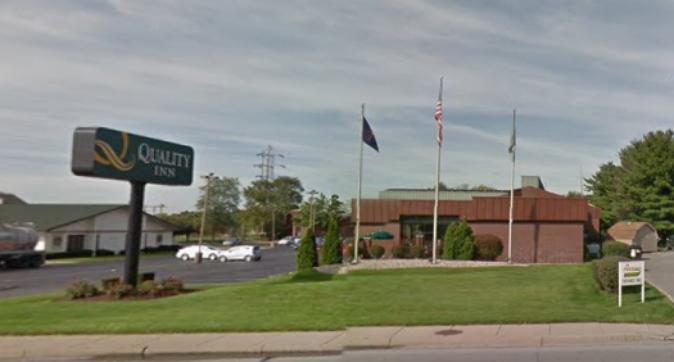Tracing family history can annoy people, said Nkrumah Steward, “especially family members, because they don’t want to know. I just want to know the truth.”
In 1835, 181 years ago, Steward’s ancestors worked as slaves at Wavering Place Plantation when it was a cotton plantation, in South Carolina.
Back then, plantation owner Joel Robert Adams and one of his slaves, Sarah Jones Adams, had a daughter, Louisa. Louisa had Octavia. Octavia had James. James had JD. And JD had Steward’s mother Linda, Steward wrote on a blog post.
Steward, who is from Canton, Michigan, is a self-described history buff. He submitted his DNA to Ancestry.com and discovered the connection to Wavering Place Plantation. He also discovered that he and Robert Adams, the present plantation owner, are cousins.
“And now 181 years later, after almost two centuries, my mother and father, my two sons, my wife, and myself sat down in that very house and broke bread with the descendant of those who owned members of my family,” Steward, 44, wrote about a special dinner on July 3.





